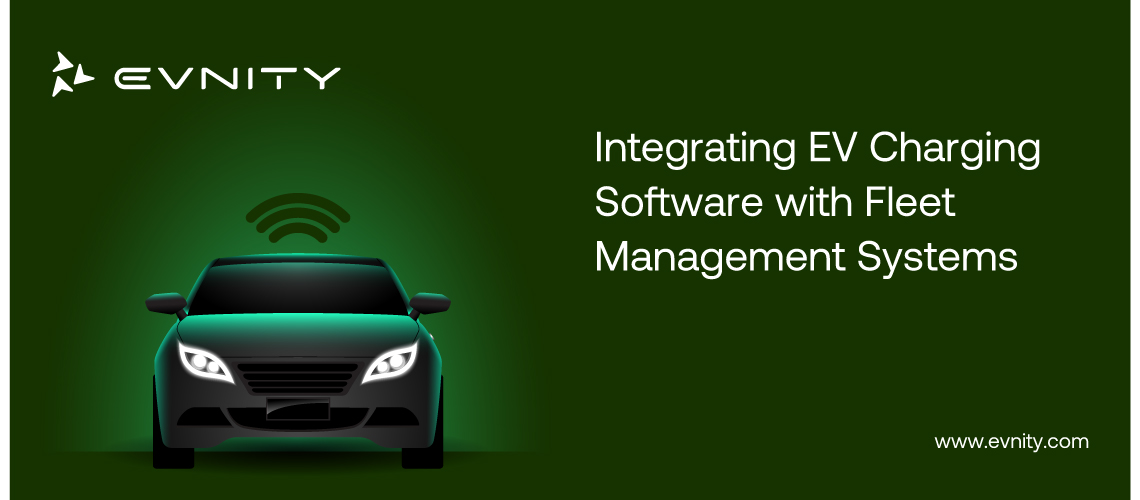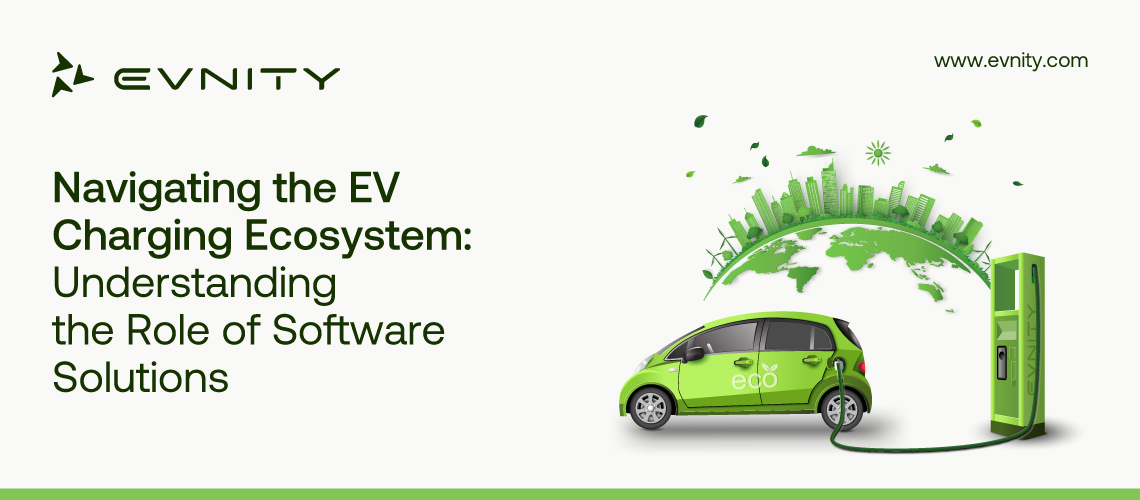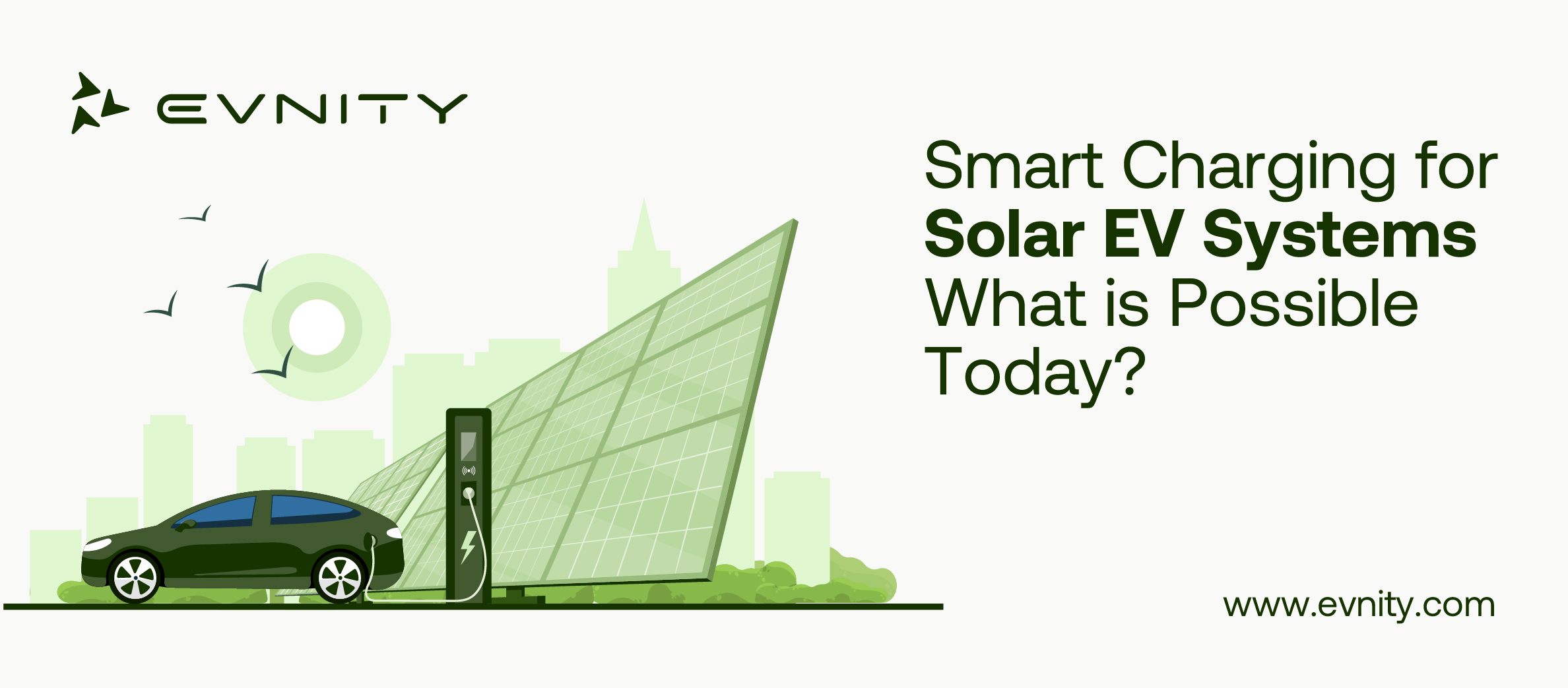The electrical vehicles industry is quickly changing. It is essential for organizations handling the smart EV charging facilities to have control over the charging terminals-- the battery chargers, the power intake, and so on, for efficient monitoring.
There are two options for an EV charging solutions company to handle EV charging: regional control and remotely with cloud-based software. Companies have to select in between Local vs Cloud Control EV charging controls.
Regional Control of EV Chargers
The regional control includes a programmable equipment controller button linked to the EV battery chargers. The regional control offers the benefit of being dependable without an internet connection. It provides much better protection and personal privacy. Nevertheless, it likewise features a variety of constraints.
The Benefits
Remote Management:
The EV charging stations are connected to a cloud platform — an EV charging software. This helps monitor and manage the EV charging stations using IoT technology. It allows for remote access to the systems in real-time, making them convenient and easy to access.
Affordable Pricing:
Smart electric vehicle charging systems hosted in the cloud are inexpensive and easy for companies to implement. It leads to the installation of EV charging of any size at a lower cost. In contrast, the installation on-site in case of local control is becoming expensive.
Adaptable:
One of the benefits of cloud-based software is the level of adaptability. There are new changes in the industry as it evolves. The EV smart charging systems can be adapted to the changing needs of businesses and help them tackle challenges with the transformation.
Data-Driven Insights and Analytics:
The cloud control EV charging systems provide insights and analytics reports based on large amounts of data. The cloud-based system collects information about the performance of the charger, the patterns of charging, and the energy consumed. It helps optimize the EV charging systems.
Scalable:
The cloud-based smart EV charging platforms offer a high level of scalability. It can accommodate the needs of the business as it grows and expands in the future. This makes it efficient and easy to accommodate more cloud-based EV chargers in charging stations.
The Drawbacks
No Real-Time Insight:
There is a lack of real-time insights with local control with less data available. It is difficult to understand how the EV chargers are functioning, and to monitor, manage, and control the chargers in real time. In case of any issues, field technicians need to visit to investigate them.
Slow to Adapt:
The local control is slow, making it hard to adapt to the rapidly changing EV industry. It cannot be scaled easily to meet the changing needs and requirements of the business. It makes the process of updating the hardware-based solutions with new technology available for the EVs or the stations.
Poor Experience for Drivers
Sometimes, the local control of EV charging can lead to bad experiences for drivers. The chargers can malfunction due to operational issues and energy limitations, making the charging process difficult. It can cause anxiety for many EV drivers in this situation.
Cloud-Based Smart EV Charging
EV charging management software operates the EV charging stations over the Internet. Cloud-based smart EV charging is quite popular for its convenience, performance, etc. When compared to local control, an EV charging software offers many benefits.
Frequently Asked Questions
1. What are the types of EV charging systems?
There are three types of EV charging systems: Level 1, Level 2, and Level 3.
2. What are the best EV charging methods?
There are two common EV charging methods: charging the EV at home with the domestic power supply and public charging stations.
Conclusion
The EV industry is witnessing many rapid changes. Cloud-based smart EV charging systems are considered to work best for smart EV charging solutions. It offers scalability, adaptability, low pricing, remote access, and more.


